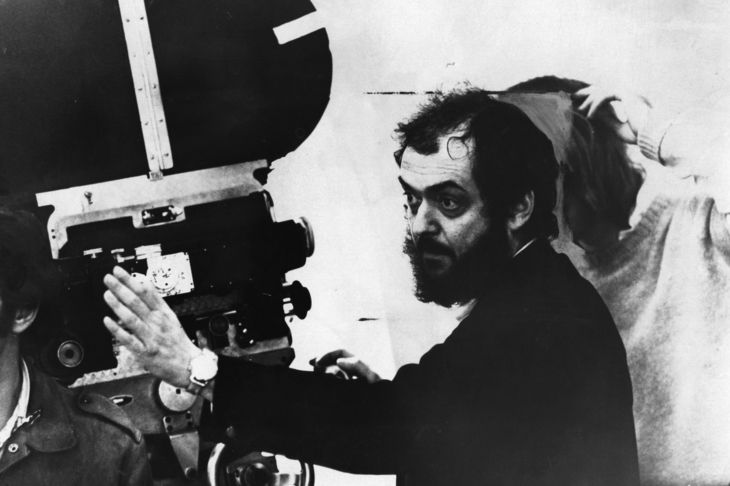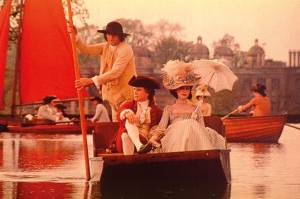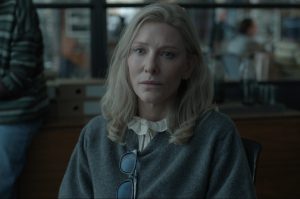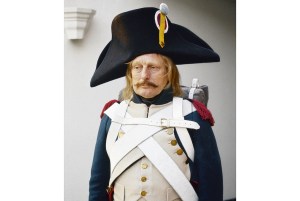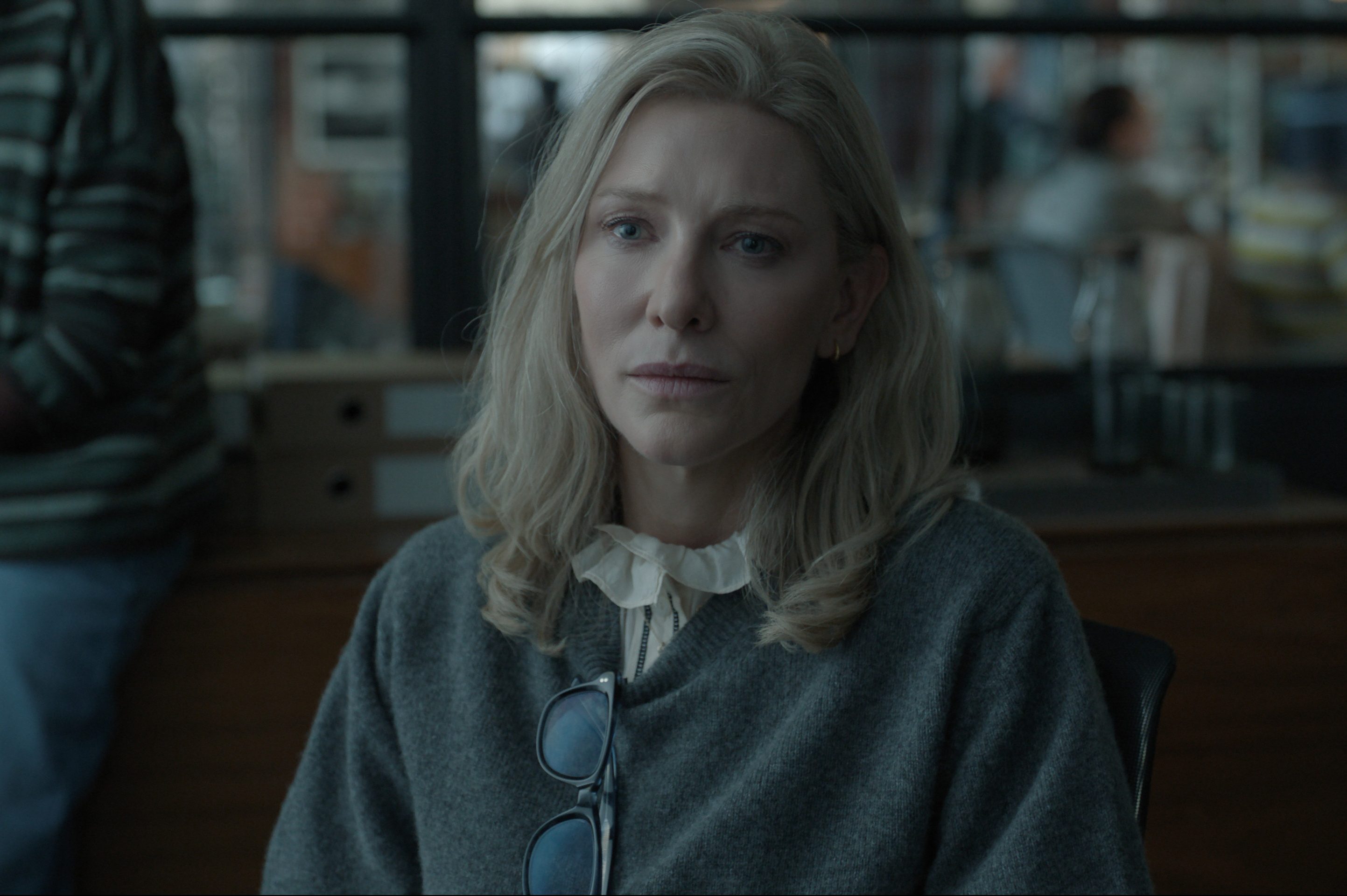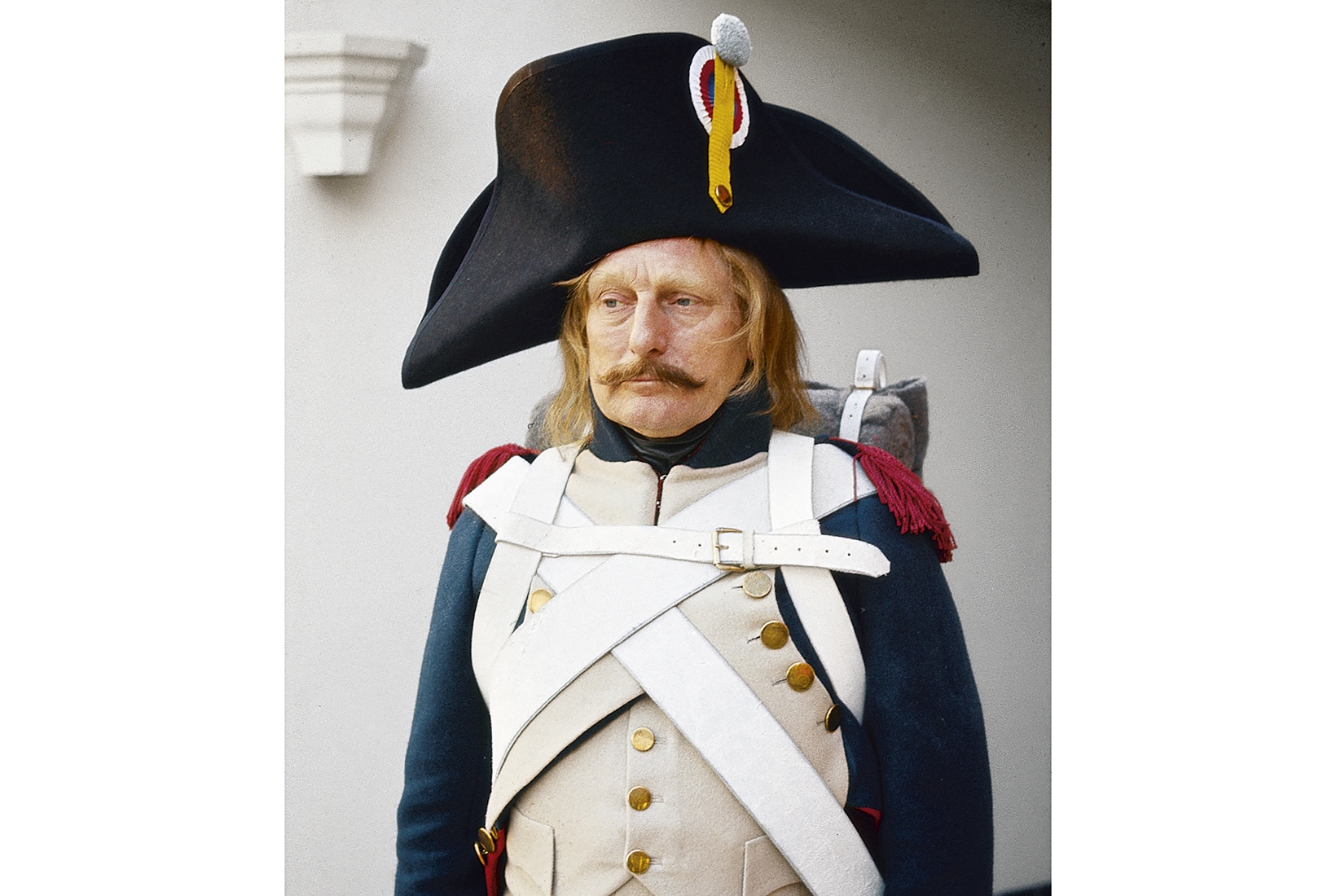Leon Vitali is an actor who passed through the looking glass of Stanley Kubrick’s camera and became Kubrick’s right arm. When the documentary film maker Tony Zierra discovered Vitali’s story while investigating Kubrick’s final, flawed film, Eyes Wide Shut, he decided to first make a film about Vitali, who is sixty-nine and not in good health. This is only fair, as Kubrick took over Vitali’s life, admittedly with Vitali’s consent.
Kubrick is an object of worship to film lovers and the people who merely work in film. The critics have tended to go along with the cult, though Pauline Kael and Roger Elbert both expressed strong reservations. Kubrick’s technical excellence, his theatrical vision, and his pushing of the cinematic format often produce less than the sum of these parts. The narrative can become prosaic, and the tone portentous. The enduring quality that we associate with high art often fails to emerge. Only Paths of Glory, Spartacus and The Shining have lasted well. Dr. Strangelove, Clockwork Orange, 2001 and Full Metal Jacket, however, all look sorrily dated, like period pieces from the late analogue age.
Kubrick was also a relic, an old-time, full-bore, double-gauge megalomaniac. Working for him meant sixteen-hour days, tirades of abuse, and endless notes ordering his flunkeys to fence in his cat compound, or set up monitors so he could keep an eye on a dying cat, or tidy the stables, or clean up the billiard room, or go to New York to photograph the distance between mail boxes, because Kubrick was too paranoid to get on a plane, even with his eyes wide shut, and see for himself.
Filmworker is a portrait in obsession—the obsession of the servant, rather than the master—but also a tribute to cinema which, for all the vanity of directors, is more collaborative than other narrative art forms. This is not the only myth that Zierra quietly dismantles: he prompts us to reconsider not just the audience’s admiration of the director, but also the balance of power within the team behind the camera.
When Vitali reported to the set of Barry Lyndon, he was well known in Britain for his serious stage and dispensable television work. Kubrick, director of 2001: A Space Odyssey, was a master technician. To film the interiors of Barry Lyndon by candlelight, he had ordered special lenses from Switzerland. To ensure that Vitali would vomit when his character was overcome by nerves before a duel, he fed Vitali raw chicken, and then, when the chicken failed to perform on cue, ordered, ‘Give him a raw egg.’
The sixteen-month experience of Barry Lyndon was part-hazing—Vitali even got beaten up on camera by Ryan O’Neal—and part-masterclass. It convinced Vitali that he wanted to make films, instead of merely acting in them. He accepted his next job, a Swedish-Irish production called Terror of Frankenstein, on the condition that he work in the cutting room. Turning down offers from the Royal Shakespeare Company and the BBC, Vitali went to work as one of Kubrick’s assistants. His first job was the adaptation of a novel called The Shining.
The unspoken assumption here is that Vitali’s decision to remove himself from the screen is incomprehensible. This says more about our veneration of celebrity than about the process of film-making. Vitali calls his time with Kubrick a ‘vicarious experience of someone else’s genius’, but it was more than that. Kubrick’s budgets and high standards meant that Vitali was working with a team of highly skilled and deeply committed artists. Looked at this way, his decision to work for Kubrick was eminently sensible, and Kubrick’s monstrous behavior merely an inconvenience.
Matthew Modine, a lead actor in Full Metal Jacket, calls Vitali the Igor to Kubrick’s Frankenstein. But Vitali was also crucial to the Frankenstein work of creating characters, and casting actors who could bring them to life. It was Vitali who found Danny Lloyd, the juvenile lead in The Shining. It was also Vitali who, leafing through photographs of potential child actors for the role of a young female ghost, happened upon a shot of a pair of girl twins. The twins reminded him of Diane Arbus’ photography, and that impelled him to suggest to Kubrick that the female ghost should be doubled. The Shining could not have worked without the right Danny: through Kubrick’s innovative use of the Steadicam, we see the Overlook Hotel through his eyes. And the girl twins are the film’s most striking image of Danny’s experiences at the hotel.
Vitali pulled off another coup with the casting of ex-Marine Lee Emery as the Drill Sergeant in Full Metal Jacket. Vitali and Emery worked up the Drill Sergeant’s foul stream of consciousness, noting memorable phrases from Emery’s time on the parade ground, fitting them into the rhythm of the Drill Sergeant’s speech, and then rehearsing it until the stream was an irresistible torrent. Again, the Drill Sergeant is one of the film’s most memorable characters.
Kubrick’s eye is cold in the way of intellectual art. His scenes are staged and shot like theatre scenes. The technical perfection and the attention to detail are often intrusive; sometimes, the props are more animate than the actors. Even the locations in his later films are contrivances on a back lot, rather than real settings. The height of the concept elevates his films, but there is also a thinness to the air at such elevations, an Olympian distance from the human material.
Watching Filmworker, I wondered if Vitali, like the telephone and fax machine in his mansion outside London, was his bridge to the world. Imagine The Shining without Danny and the twins, or Full Metal Jacket without Lee Emery’s drill sergeant, and you have a film without a heart. Vitali’s warmth, abundantly evident in Vierra’s documentary, brought emotional life to Kubrick’s otherwise cold and distant films.
Filmworker implies that Kubrick’s debt to Vitali runs deeper than that of the egotistical auteur to his assistants. Kubrick could not have attained Kubrick’s range without Vitali. And Vitali could never have attained the range of cinematic experience he desired, had it not been for Kubrick. Perhaps the Kubrick cultists have it the wrong way round. Instead of lionizing Kubrick the solitary, perfectionist bully, they should be applauding his ability to form and sustain a team.



